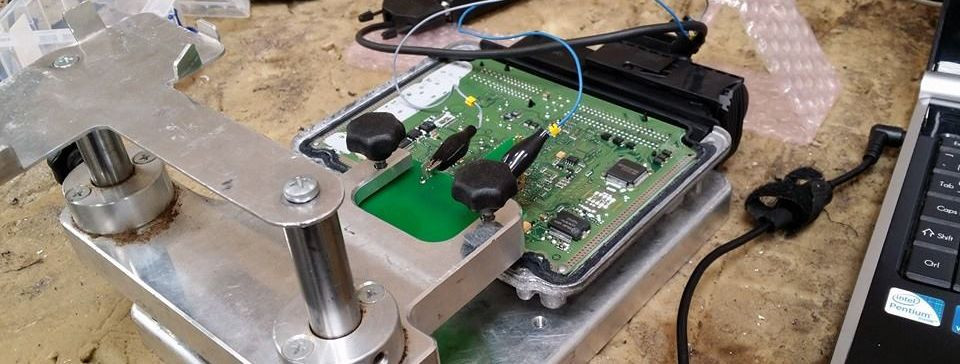The ultimate guide to vehicle diagnostics
Vehicle diagnostics are a critical aspect of automotive maintenance, involving a systematic approach to identifying and resolving issues within a vehicle's various systems. This process utilizes specialized tools and software to interpret the data from a vehicle's onboard computer, providing insights into the health and performance of the car.
Regular vehicle diagnostics can prevent minor issues from becoming major problems, ensuring safety, performance, and longevity. For car enthusiasts and owners in Estonia, understanding the diagnostic process is key to maintaining their vehicle's peak condition.
Understanding Diagnostic Trouble Codes (DTCs)
Diagnostic Trouble Codes, or DTCs, are alphanumeric codes that a vehicle's onboard computer generates when it detects a malfunction or irregularity in the system. These codes are the starting point for any diagnostic procedure.
Interpreting DTCs requires a code reader or a scan tool. These devices connect to the vehicle's diagnostic port and display the codes, which can then be cross-referenced with a database to understand the specific issue.
Tools and Equipment for Vehicle Diagnostics
Basic tools include code readers, multimeters, and OBD-II scanners. These are essential for any DIY enthusiast looking to perform simple diagnostics.
Advanced equipment, such as professional-grade scanners, oscilloscopes, and specialized software, are used by professionals to perform more complex diagnostics and reprogramming tasks.
Professional Vehicle Diagnostic Services
While some diagnostics can be performed at home, certain situations require the expertise of a professional. Complex electrical issues, intermittent problems, and software updates are examples where professional services are necessary.
Professional diagnostic services involve a thorough check-up of the vehicle's systems, using advanced tools to pinpoint issues accurately. A detailed report and recommendations for repairs or upgrades are typically provided.
Common Vehicle Diagnostic Procedures
Engine diagnostics focus on the engine's performance and health, checking for issues like misfires, poor fuel economy, and power loss.
Electrical diagnostics involve testing the battery, alternator, and starter, as well as the vehicle's network of sensors and actuators.
Transmission diagnostics assess the health of the transmission system, identifying issues such as slipping gears or delayed shifting.
Emission control diagnostics ensure that the vehicle meets environmental standards by checking components like the catalytic converter and EGR valve.
DIY Vehicle Diagnostics
DIY diagnostics can save money and provide immediate results. However, they are limited by the knowledge and tools available to the individual.
A basic guide for DIY diagnostics includes checking the DTCs, performing visual inspections, and using simple tools to test various components.
Emerging Technologies in Vehicle Diagnostics
Remote diagnostics allow for vehicle monitoring and issue detection from a distance, while telematics systems provide real-time data and analytics for both drivers and service providers.
AI is revolutionizing vehicle diagnostics by enabling predictive maintenance and more accurate fault detection, leading to a new era of automotive service.






Comments (0)